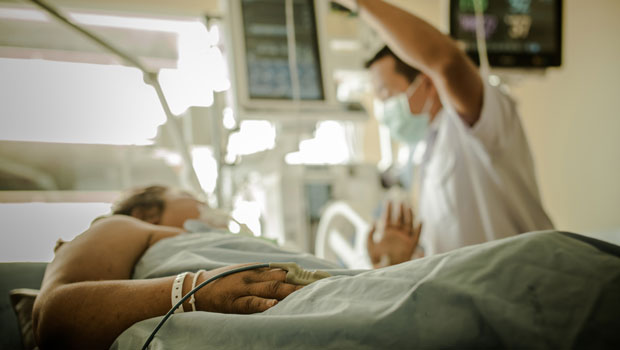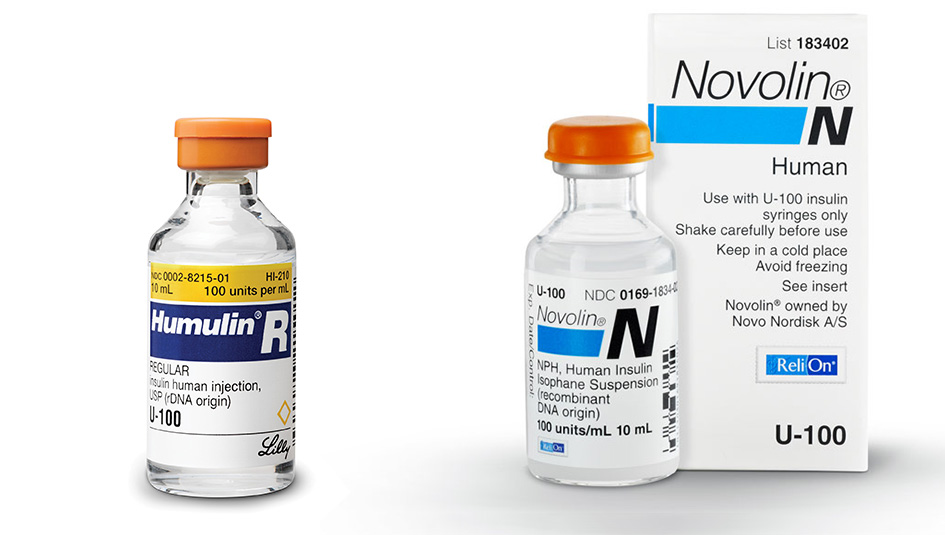DKA Rate During Hospitalization is Too High

The hospital should be where you go to feel better, but too many people with diabetes are put at risk of diabetic ketoacidosis during their hospital stay because their blood sugar levels are poorly controlled by hospital staff. This is the finding of an audit of hospitals in the United Kingdom.
The National Audit of DKA management found that 7.8% of cases of diabetic ketoacidosis (DKA) occurred with in-patients already under hospital care, according to findings published in Diabetic Medicine. To put that in context, that’s a higher percentage of DKA rates than are the result of undiagnosed diabetes (6.1%). Diabetic ketoacidosis, caused by the body burning fat for fuel because of a lack of glucose, can lead to a coma or even death. The findings were first reported on by The Diabetes Times.
Even though most people survive a bout of DKA in the hospital, it can lead to a host of other medical problems. The audit found that a bout of DKA took an average of 2.6 days of hospitalization (or additional hospitalization) to treat. Also, over 27 percent of DKA patients developed hypoglycemia, and 55 percent of patients developed hypokalemia, a dangerous potassium deficiency, during their hospital stays.
Many people with diabetes end up in the hospital because of uncontrolled blood sugar levels, either from poor self-care or unrelated medical ailments like the flu. However, this doesn’t explain away the high rates of in-patient DKA, according to the audit. Instead, auditors suggest the problem is that hospitals are not following best practices to avoid DKA in patients with diabetes. Many patients are not seen by a diabetic specialist during the first six hours of admission, as is recommended. Also, fewer than half of all hospitals maintain the recommended staff levels to provide one nurse per 300 beds.
The audit did not provide recommendations of what people with diabetes can do to stay safe in the hospital. However, here are five recommendations:
- Prepare for the possibility that you may be rushed to the hospital by having a diabetes supply bag ready for a loved one to bring
- Share your diabetes care routine with a friend or partner who can be with you regularly during a hospital stay
- Keep in your phone, wallet, or purse an up-to-date list of your medications, your normal insulin regimen, and the numbers of your normal medical care providers
- Alert your primary medical care provider as soon as possible about your hospital stay
- If you sense that you aren’t getting the care you should, complain early and often.
Thanks for reading this Insulin Nation article. Want more Type 1 news? Subscribe here.
Have Type 2 diabetes or know someone who does? Try Type 2 Nation, our sister publication.







